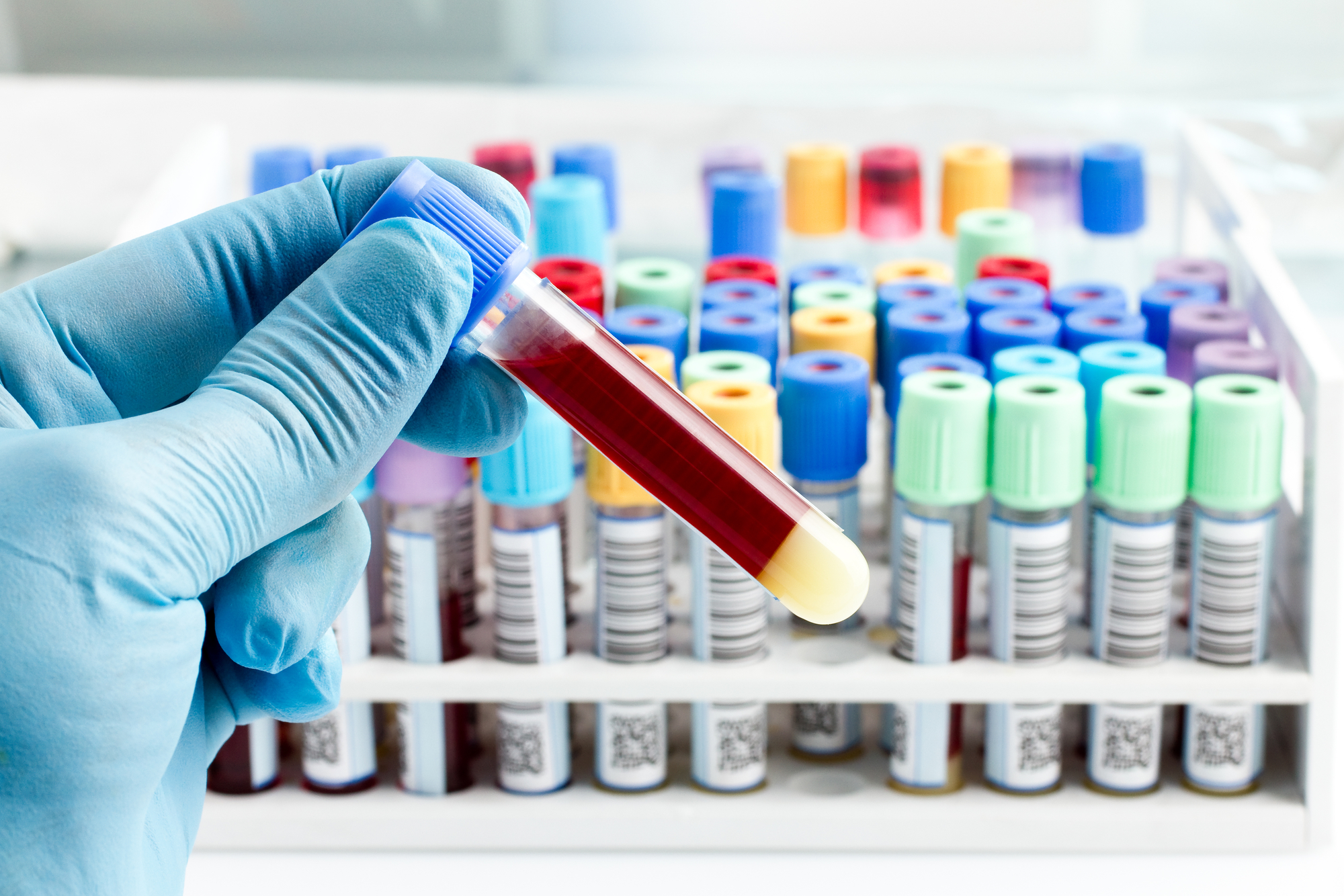
Although nutrigenomic is a relatively new area of scientific study, we’ve already seen tremendous results at Natural Healthcare Center. In the simplest of terms, nutrigenomics tells us how food affects your metabolism and your genes, and how certain nutrients affect gene expression. This allows us to make truly personalized nutritional recommendations based on your genetic and biochemical makeup.
We use OPUS23 software, which uses the raw data from a salivary sample to assess single nucleotide polymorphisms, or SNPs. SNPs are a common genetic variation at a single position in a DNA sequence that can alter the function of the genes.
SNPs act as biological markers that help us locate genes associated with health concerns such as weight loss inhibition, fatigue, and brain fog. They can also tell us how susceptible an individual is to conditions ranging from diabetes and cardiovascular disease to Alzheimer’s and cancer. Not only can nutrigenomics find connections to symptoms, but it can also be an excellent tool for preventing chronic disease.
It’s important to keep in mind that being susceptible to disease doesn’t mean you’ll definitely develop that disease at some point. Genes need to be turned on or off in a way that allows diseases and symptoms to manifest. Nutrigenomics tells us what you can do to support the most beneficial gene expression.
Let’s take a look at how we use nutrigenomics in clinical practice to benefit our patients. We’re going to get a little technical here for a second, but we’ll explain what everything means in laymen’s terms.
“Jane” was diagnosed with lipedema. For 30 years, she struggled to lose weight, which is one of the hallmark consequences of lipedema. An assessment of Jane’s genetic report revealed SNPs within the genes PPARG, ADRB2, and ADRB3. This information enabled us to determine that Jane would benefit from a low-fat diet. In fact, she would likely lose 2.5 times more weight on a low-fat diet than the high-fat ketogenic diet she was following at the time with little success.
Jane’s TP53 gene outcome showed a high-fat diet would also increase the risk of Type 2 diabetes and weight gain, so we prescribed a specific whole foods, glycemic-controlled dietary outline with the appropriate amount of healthy fats.
We also determined that a high-fat diet may not be the only reason why Jane was struggling to lose weight and experiencing complications associated with lipedema, such as water retention and fat that’s painful to the touch.
In fact, there were at least nine other genetic SNPs related to increased inflammation caused by environmental and nutritional factors. For example, we found SNPs associated with blood vessel leakage, a chronic inflammatory response, chronically low vitamin D levels, and a suppressed immune system, all of which could lead to more pronounced symptoms of lipedema. Another SNP involved with detoxification could be affected by carcinogens from charred meats and higher sensitivity to toxins.
We realize the science behind nutrigenomics is confusing, but these are the details that allow us to make nutritional, supplemental and lifestyle recommendations that are truly personalized to an individual’s genetics. The results are life-changing.
Over the course of seven months following the plan we developed, Jane happily reports that she is down to her lowest weight in 30 years and finally enjoying foods again. She lost 21.4 pounds, including 11 pounds of fat, and has been able to keep the weight off. She has experienced improvement in digestion and less inflammation and pain. Energy is up, and cravings are down. All of these changes have contributed to a better attitude and positive outlook.
Nutrigenomics isn’t about finding the right medication to prescribe. It’s about bio-individuality and getting to the bottom of a person’s genetic makeup so we can help patients prevent, overcome, or reduce the effects of unhealthy conditions. If you feel like you’ve been making healthy choices but aren’t happy with the results, schedule a complimentary consultation at Natural Healthcare Center and ask about nutrigenomics.